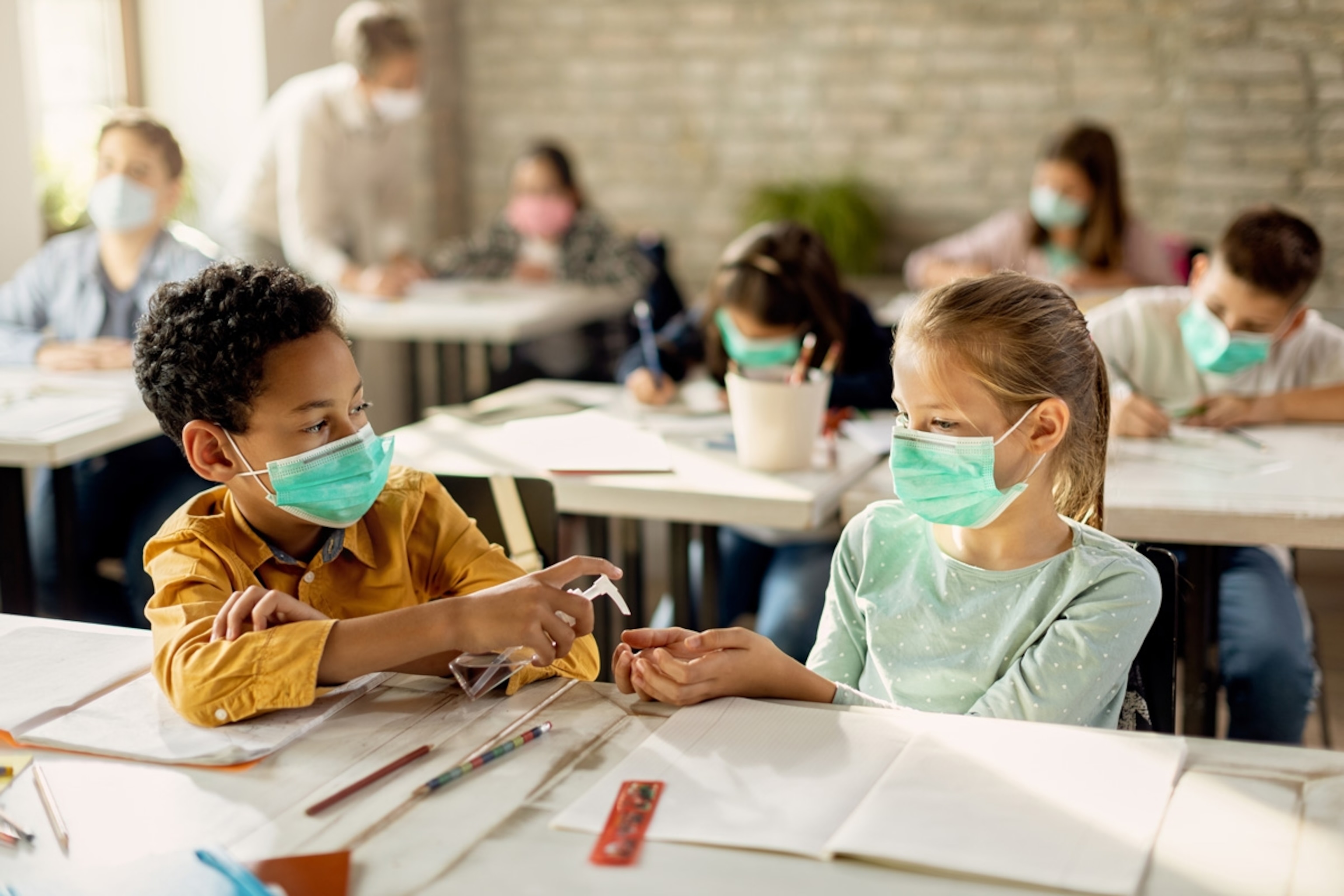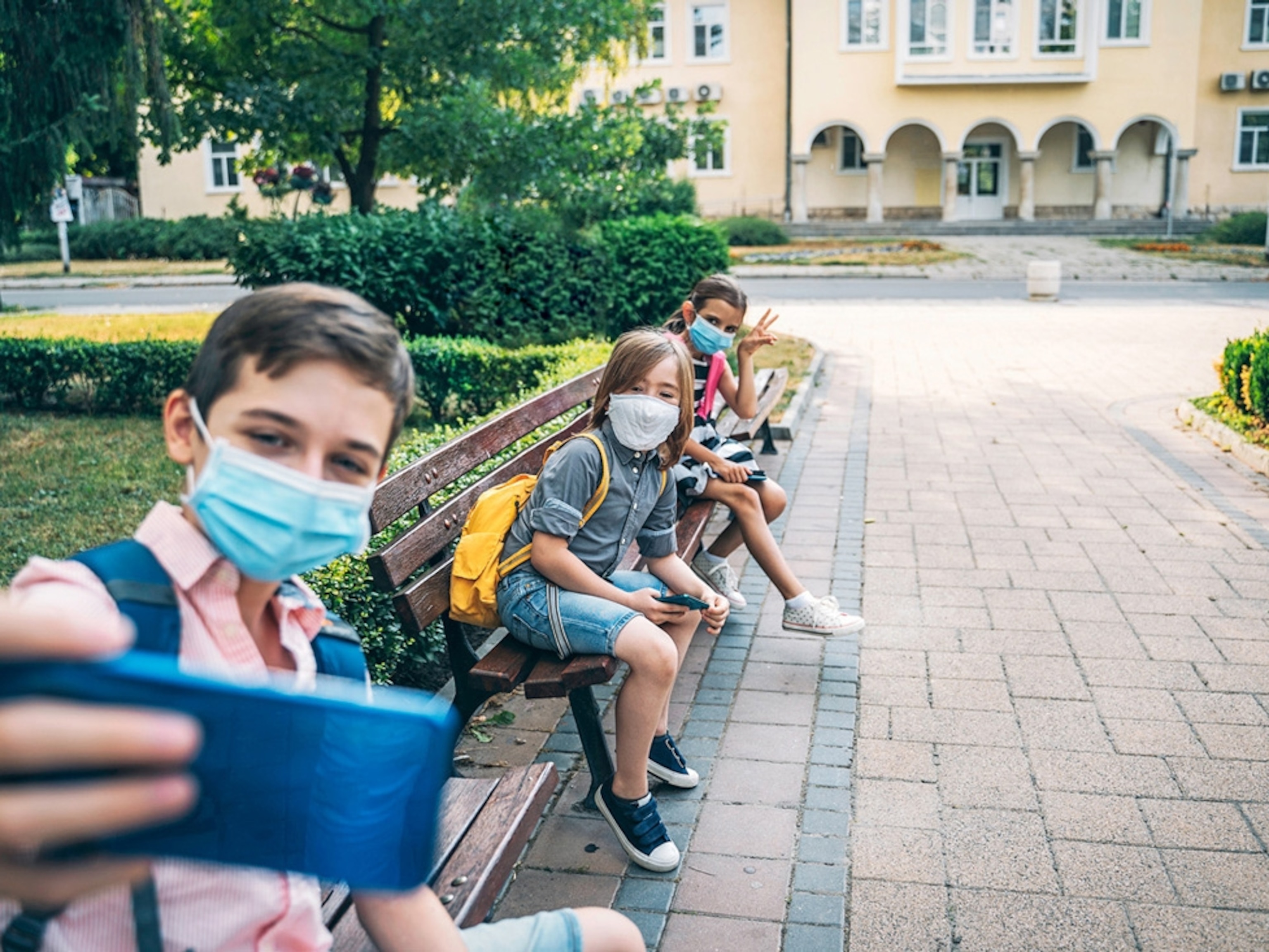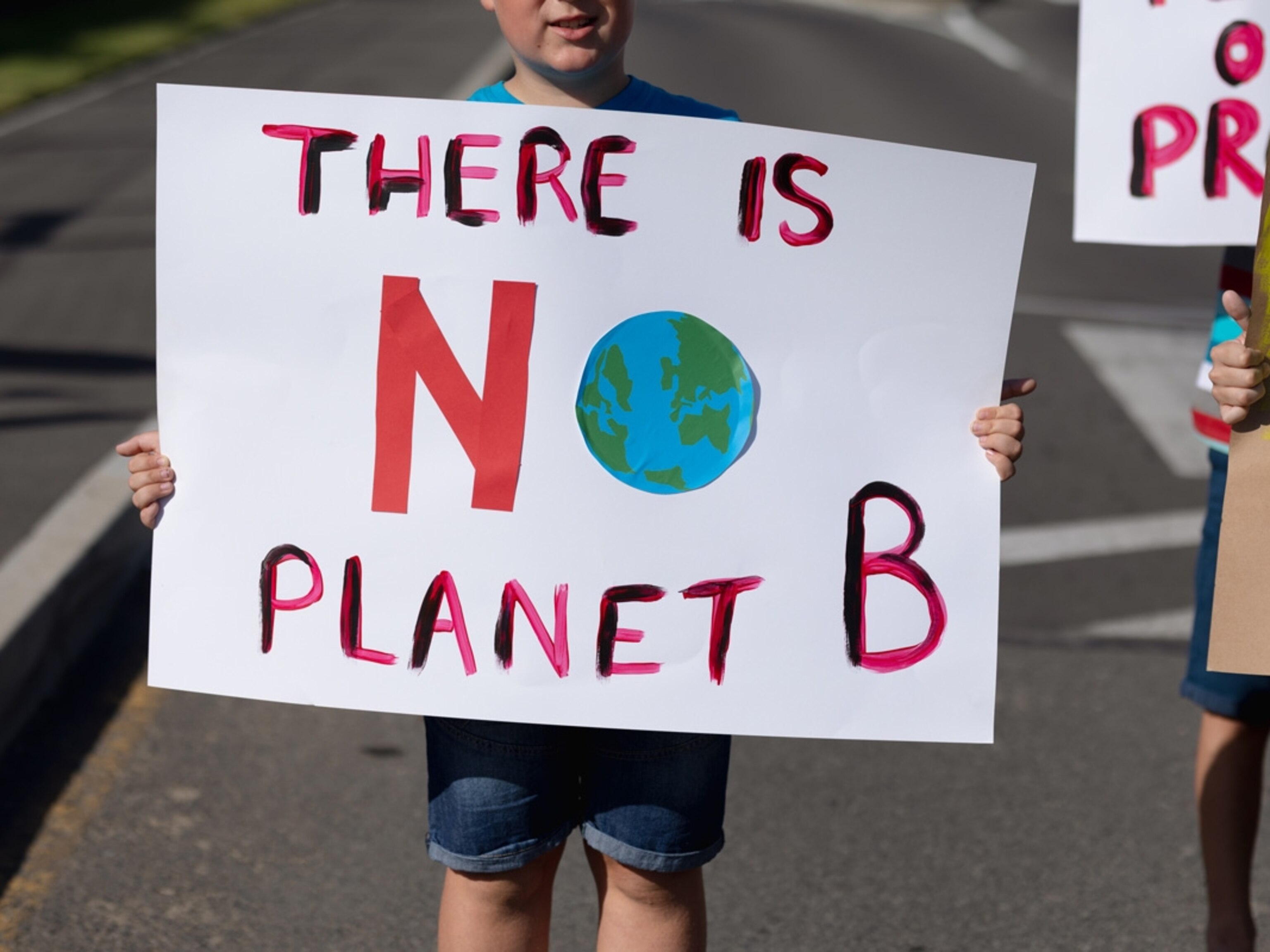As the only other Asian in her immediate fifth-grade homeroom class, Teagan Whitehead stands out among her classmates at her elementary school in Cedar Park, Texas. “My classmates and sometimes even my teachers will ask what country I’m from,” the 11-year-old says. “I tell them I’m American and that I was born in Seattle, but then they’ll ask where I’m really from.”
These questions, as well as teasing comments about her eyes and a desire to look more “American” to help her fit in, come up often as Teagan shares stories of her day at school with her mom. But Michelle Whitehead’s advice is simple: If people make assumptions, talk to them about it.
“You can’t control what other people say or think,” she says. “Most of the time, it’s how much they know. I have a friend who says it’s not her job to educate people, but my response to her is, ‘How else are they going to learn?’’’
The sense of being “othered” by people who are intolerant of differences can exist in many contexts, not just racially. Perceived differences can manifest in gender, economic status, physicality, religion, and political affiliation. An “us versus them” mentality can even break through in what we eat (vegans versus carnivores), what we drive (gas versus electric), and where we live (city dwellers versus suburbanites).
This sense of tribalism is particularly heightened in a year beleaguered by a pandemic, an insecure economy, unfettered racism, and a divisive election. Throughout it all, U.S. children most likely have witnessed people—from the nation’s leaders to their own family members—dish out harsh judgments, resort to name calling, and harbor contempt for people who look or think differently.
But with the election over, many experts believe that now is the time to shift the focus from what sets people apart to what brings them together. And one of the best options for rebuilding a more tolerant society is to foster empathy in children.
“Empathy is the ability to relate to and understand the other person,” says Rabbi Sherre Hirsch, author of We Plan, God Laughs and a mother of five in Los Angeles. “You may not agree with them, but you might consider that he or she might be right.”
Having empathy is beneficial not only to communities but also to our well-being. Studies have shown that empathetic people do better in school, are happier and healthier, and are more successful at work. “Teachers want an empathetic kid because they’re deeper learners,” says parenting expert Michele Borba, author of UnSelfie: Why Empathetic Kids Succeed in Our All-About-Me World. “You become a deeper thinker when you have to figure out and understand where the other person is coming from.”
So where do we begin? “Empathy is a verb,” Borba says. “It needs to be active. It’s a muscle that needs to be exercised.”
Just breathe
In a 2015 study published in the Journal of Experimental Psychology, researchers found a correlation between stress and empathy—the more stressed people are, the less likely they’ll see things from another person’s point of view. “As stress builds, you start dialing your empathy down because you’re in survival mode,” Borba says.
So, like with most workout regiments, exercising your empathy muscle starts with taking deep breaths.
One simple stress reliever for kids is meditative breathing three minutes a day. “Inhale slowly, then slowly let out your breath like you’re going down, down, down an escalator or elevator,” Borba says, adding that the outgoing breath should be twice as long as the incoming.
Borba also advocates practicing compassionate meditation before bedtime. “Slow, deep breaths will help your kid get a better night’s sleep. But as we’re breathing, think of people we’re grateful for or who need our help, like the firefighters, the first responders, or the doctors,” she says. “It helps kids learn how to stay calm and empathetic. It’s a coping strategy your kid can use for the rest of their life.” (Here are other ways to practice gratitude.)
Empathy through play
Children discover all sorts of skills through play. (Here’s an article about why play is important.) One of them is emotional literacy—recognizing the emotional states of others.
Borba suggests that parents teach children not only the rules of games, but to observe an opponent or a teammate’s body language, voice tone, and facial expressions. “It’s impossible to be a deeper thinker without understanding where the other person is coming from,” Borba says. “Emotional literacy is a gateway to empathy and tolerance.” In other words, observational skills learned from game play transfers to the real world and helps children to recognize and react to the emotions of their peers.
Another way to heighten children’s awareness and observation skills is to watch TV—with the sound off. That way, kids can play “feelings charades” by paying attention to the characters’ body language.
“Ask things like, ‘How’s the person feeling? Which person looks more confident? Which person looks shier? Which person looks anxious?’” Borba says. “Kids are so used to listening that they’re missing the body language.”
The ultimate goal is for children to be able to flex their observation muscles in real-life settings. For instance, they might notice a normally chatty classmate looking pensive during a Zoom class or see a new student eating lunch alone. Then together, you can discuss what your child would do in those situations.
“It’s the noticing of what’s going on around you so that you can make a choice,” says Jonathan Juravich, whose 2019 TED-Ed Educator Talk pointed to awareness as being the root of empathy. “Once you notice something, you can’t just sit idly by.”
Handling different points of views
The 2020 election illuminated the deep division in America, and people were quick to make assumptions about what someone’s vote meant. “We have a lot of judgments because we’re looking at their conclusions from our own assumptions, values, and experiences,” says Tania Israel, author of Beyond Your Bubble: Dialogue Across Political Lines. “We think if they voted this way, then they don’t care about these groups of people. It’s not accurate.”
Those emotions and attitudes can often transfer to children. But being open-minded to differing perspectives is essential for children’s development, resilience, and capacity to become effective citizens in a thriving democracy, says Melissa Weintraub, co-executive director of Resetting the Table, an organization that works to build collaborative deliberation across political siloes in American life.
According to Israel, the most important thing parents can do at this time is to role model intellectual humility. “It’s about holding on to our strong values, but also being respectful of and curious about other people’s views and values,” she says.
Role modeling can also mean including children in cordial conversations with your friends or family on the opposite side of the political spectrum. Encourage them to ask questions. “Learn from them,” Israel says. “Seek to understand rather than change their mind.”
And that requires a deliberate effort to expose your children to different viewpoints and perspectives. Watch a news program that your family doesn’t normally watch. Or select books that are opposite of what your child normally reads. “If they only read books about boys, let them read about girls,” Borba says. “If it’s only about one race, let them read about another race.” (Check out these tips for diversifying your child’s library.)
Just do it
For a 2019 study published in the Journal of Happiness Studies, college students walked around a building for 12 minutes and did one of three things: looked at people they encountered and thought, “I wish for this person to be happy,” thought about how they’re connected to each other, or thought about how they may be better off than the people they encountered. Researchers found that offering kind thoughts to others reduced anxiety and increased happiness and feelings of social connection—a key to building a tolerant society.
Douglas A. Gentile, professor of psychology at Iowa State University and main researcher for the study, theorizes that anxiety—which is often based on what you think might happen—tends to make us feel separate. “But by noticing the people around you, that starts to undermine the separateness,” he says, adding that it might strengthen the part of us that recognizes our similarities.
That’s a practice that children can easily adopt into their everyday lives to build empathy and tolerance—and it is all about practice.
“When we see a compassionate person, we think they’re naturally that way. That’s not the case,” Gentile says. “We all have qualities like compassion, empathy, love, and wisdom, especially children. We just have to work at it.”




